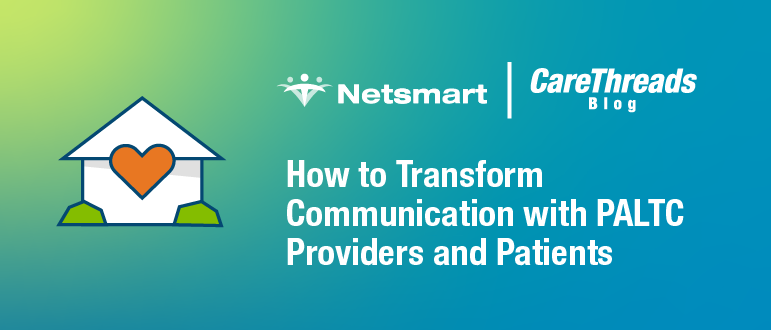Today President Trump signed into law legislation intended to help stem the opioid crisis. The SUPPORT for Patients and Communities Act provides additional funding to combat addiction, improve access to treatment and authorizes a pilot financing program to incentivize providers to invest in technology to better coordinate care.
We’ve all seen the stats when it comes to the opioid crisis: More than 72,000 people died in the U.S. in 2017 from an opioid overdose. The Centers for Disease Control and Prevention (CDC) estimate that the total economic burden of prescription opioid misuse costs the U.S. $78.5 billion a year; some estimates put the cost at more than $500 billion.
This legislation establishes a framework to begin strategically implementing programs to fight the crisis and is an important step in establishing parity when it comes to mental health. For example, the package includes provisions like expanding access to telehealth, especially for rural areas, broadening coverage for children in foster care and on Medicaid, and requiring more comprehensive screenings for substance use.
We strongly believe that technology is a fundamental part of this strategy and can have a tremendous impact on outcomes. By providing care teams with the complete picture of an individual’s health, inclusive of substance use, physical, mental and social determinants of health, we can make whole-person care a reality and truly begin to move the needle on the substance use epidemic.
Historically, one of the barriers to the adoption of EHRs and the ability to integrate substance use, behavioral health and primary care comes from the lack of financial incentives. Behavioral health and substance use disorder providers were not fully eligible for meaningful use incentive funds as were their treatment partners at hospitals and physician offices.
The SUPPORT Act authorizes a pilot program through the Center for Medicare and Medicaid Innovation (CMMI) to test incentive payments for behavioral health providers for the adoption and use of certified electronic health record technology, and their use to improve quality and coordination of care. We’ve been a strong advocate of incentives for our clients and providers nationwide for the better part of a decade. We will be engaged with CMMI as they shape the specifics of the pilot financing program in early 2019. Unless all providers have equal access to technology that allows them to exchange healthcare information with other providers, we cannot achieve true integrated care or parity between mental and physical health.
Check out our handy guide to see how this legislation could impact your organization.






